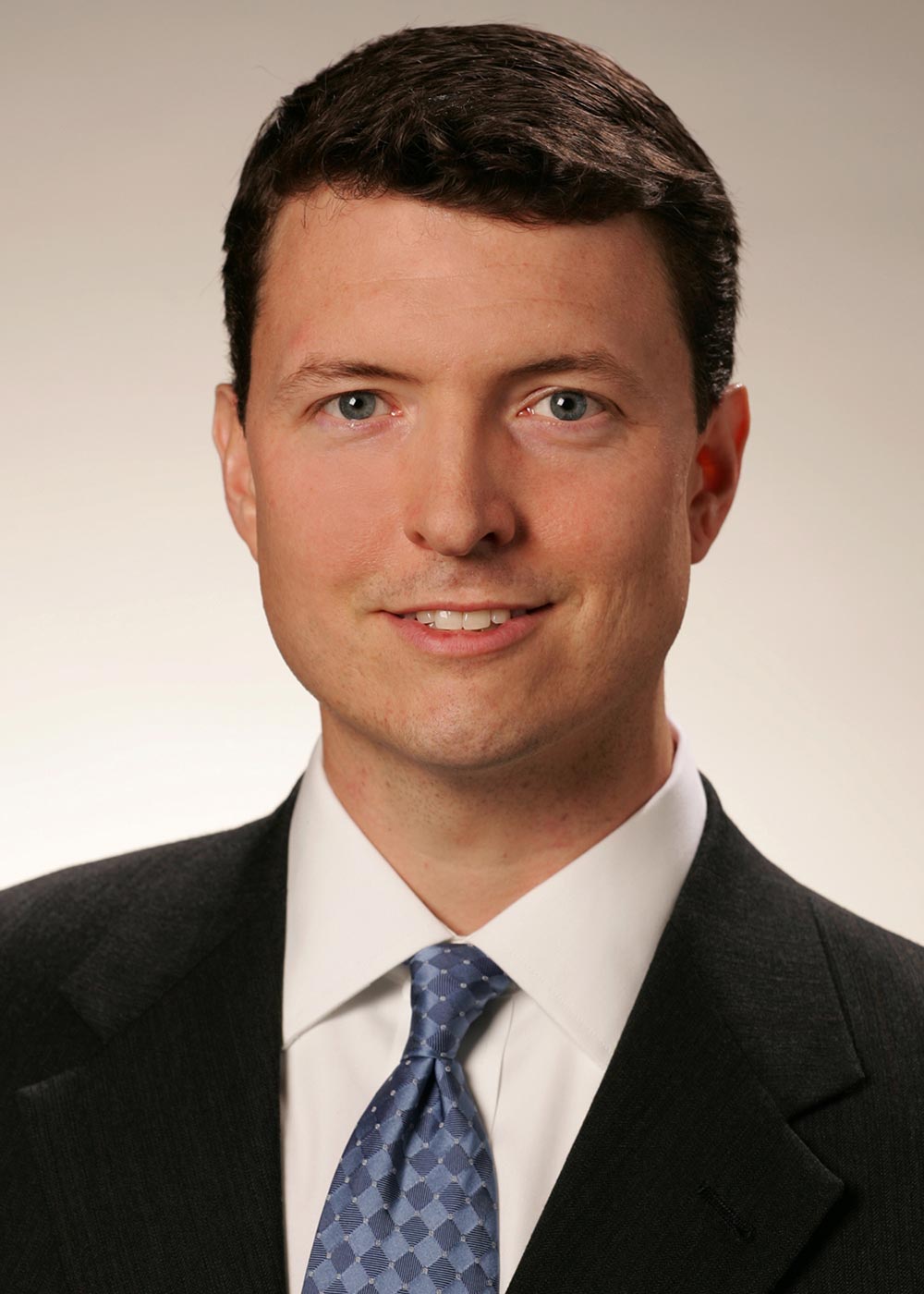Founders are important but 'joiners' strengthen startups


Growing interest in the startup culture has focused attention on company founders who often take great risks to launch new ventures. Until now, little was known about those who join founders to help develop and commercialize innovative new products.
Business professors from Cornell University and the Georgia Institute of Technology analyzed “joiners” – people attracted to working in startups as employees – and they learned that while they resemble founders in their willingness to take risks and to commercialize new ideas, joiners prefer functional rather than managerial roles.
“A key insight from our research is that many of the characteristics that we often think of as unique to founders, such as a tolerance for risk and the desire to bring new ideas to life, also generalize to the broader entrepreneurial workforce, including people who want to work in startups but don’t want to be founders themselves,” said Michael Roach, the J. Thomas and Nancy W. Clark Assistant Professor of Entrepreneurship in the Dyson School of Applied Economics and Management.
“Sometimes you can have a single founder who handles the full range of activities for a startup, but especially in technology you need additional people to research and develop the products,” said Henry Sauermann, an associate professor in the Scheller College of Business at the Georgia Institute of Technology. “There are many people who are interested in working for startups but who don’t want to be founders.”
Roach and Sauermann examined the entrepreneurial interests of 4,200 doctoral candidates who were within two years of obtaining degrees in STEM (science, technology, engineering, mathematics) fields. Nearly half (46 percent) reported an interest in joining a startup as an employee, while 11 percent said they expected to found companies.
The economists surveyed the doctoral candidates about acceptance of risk, desire for autonomy, interest in commercializing new technology and willingness to take on managerial tasks. The study, which will be published in the journal Management Science and featured in Science (June 12), may be the first to consider founders and joiners as separate groups.
Increasingly, startups provide an attractive career path for doctoral graduates who want to be involved in research and commercialization activities but do not find academic research attractive or can’t find academic positions, Roach said.
“Most university programs designed to foster entrepreneurship – such as courses, workshops and incubators – focus on training people to be a founder,” Roach noted. “But founders make up a small share of the entrepreneurial workforce, and we do very little to train the larger share of people who will work in startups as employees rather than founders. For example, many programs focus on how to write business plans and secure funding, while less attention is paid to how to work effectively in a small startup team.”
“Not everybody has to start their own company,” Sauermann said. “You can also make a difference for the world by joining a founder.”
The paper is part of a larger study by Roach and Sauermann that examines the career pathways of STEM doctorates. The research for this study is based on a survey conducted by Roach in Sauermann in 2010 of over 9,000 doctoral students and postdoctoral fellows from 39 U.S. top tier colleges and universities.
The researchers surveyed the Ph.D.’s and postdocs again in 2013 to examine the career transitions they made into industry, startups and academia. The Ewing Marion Kauffman Foundation, the National Science Foundation and the Georgia Research Alliance funded the study.
Media Contact
Get Cornell news delivered right to your inbox.
Subscribe